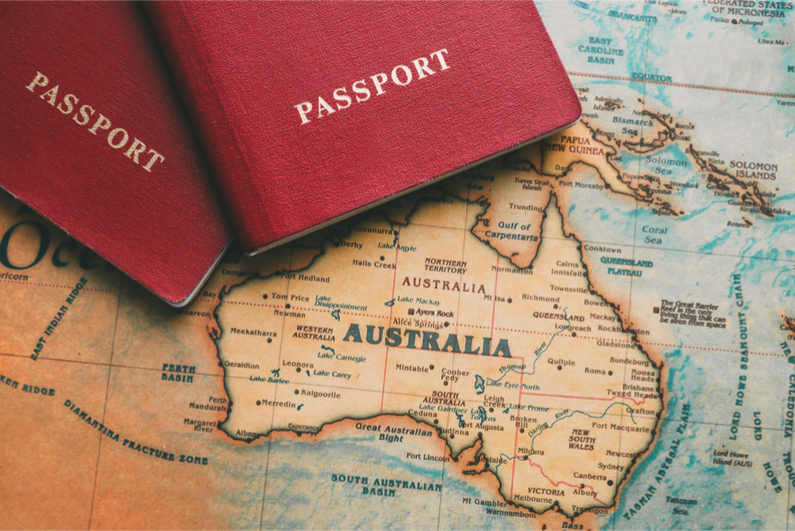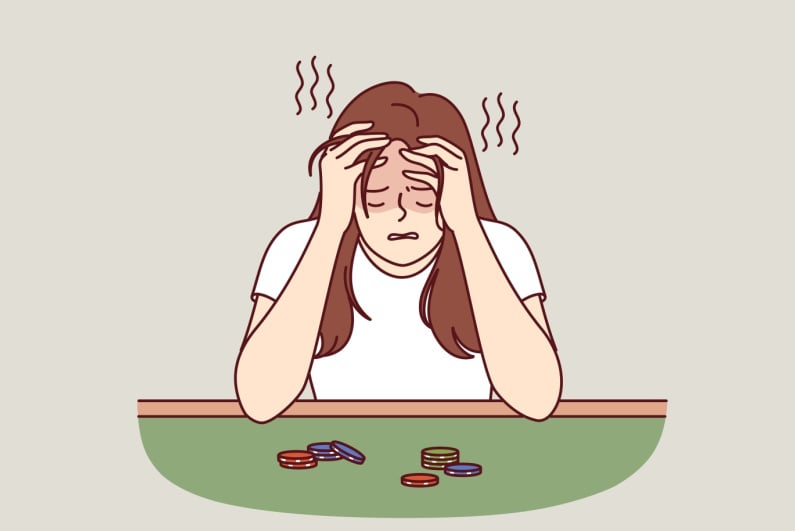The Australian authorities have been cracking down on the gambling industry recently. The likes of online poker have been banned and gambling operators have been restricted in how they can advertise their offerings.
The latest issue is related to unlicensed online gambling platforms that pretend they are based in Australia when they are not. Because these companies are trying to dupe the Australian public, the authorities are coming down hard on them.
Australian gambling sector
With worrying studies being published about gambling participation levels in Australia and particularly the level of problem gambling, the government decided that something needed to be done.
It was estimated that problem gambling was responsible for social costs of more than $4.7bn (£3.6bn) annually. More than 80% of the adult population was found to participate in gambling, the highest recorded rate anywhere on the globe.
The national government and the country’s various provinces worked on measures to combat these issues and they have achieved a decent level of success to date. Towards the end of 2017, online poker was banned in the state, similar to a measure that the United States implemented in 2007.
Another major move was banning gambling-related ads that are broadcast during live sports events in Australasia. One of the big issues was that young people were being exposed to messages praising and encouraging gambling while watching sports and they often viewed regular gambling as being a normal everyday pursuit.
This new, introduced on March 30, covers all live sports events broadcast on Australian television between 5 am and 8:30 pm.
It only applies to betting ads that are shown five minutes in advance of the event and five minutes after it has ended. This is why many believe that stronger measures are required. A group of MPs in England is currently campaigning for a similar ban.
The government is also making moves to ban third-party platforms that offer national lottery games. These platforms make it a lot easier for people to buy lottery tickets, meaning money that could be going toward worthwhile causes supported by the national lottery is instead going to private companies.
It appears that these measures have started to achieve some results. A recent study showcased that the level of gambling among Australian adults had fallen by 1.5% when comparing the same period in 2018 to that of 2017.
The latest issue
The media watchdog in Australia has been battling unauthorized gambling operators who pretend that they are based in the country. The Australian Communications and Media Authority (ACMA) has been working to determine whether certain gambling platforms that utilize .cc web domains are licensed to operate and offer their sportsbook to gamblers in Australia.
This .cc domain is a reference to the Cocos Islands, which is based in the Indian Ocean and is a territory of Australia that has just a population of just 600 people. These gambling operators using the .cc web domain are almost certainly not based in this tiny island. As per the Interactive Gambling Act of 2001, online gambling providers cannot gain access to the Australian market if they do not have a local license.
Even those who have local licenses are not allowed to provide in-play betting on sports events, or online poker or casino products, all of which were being offered by these platforms using the .cc web domain.
Another issue is that these companies have no physical presence in Australia, a violation of regulations. Finally, these sites were offering their services through various cryptocurrencies like Ethereum and Bitcoin, which is also not allowed by Australian law.
In February, the ACMA discussed its investigations into numerous breaches of the gaming regulator’s rules. March saw Justbet, a Bitcoin betting operator, being investigated as they were utilizing a .cx web domain. This is a reference to the external territory of Australia, Christmas Island, which is also located in the Indian Ocean.
As a result of this investigation, Justbet changed to a .co domain. This could very well be an intentional ploy by these operators to use the .cc web domain to fool the authorities and get access to Australian gamblers. However, it seems that the ACMA is on the ball and is ready to shut these operations down in Australia if this is found to be the case.



